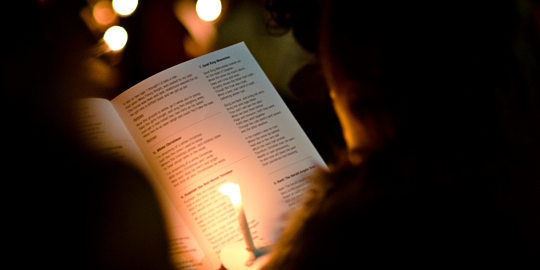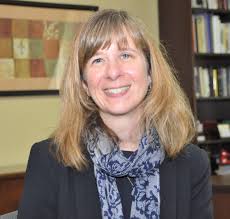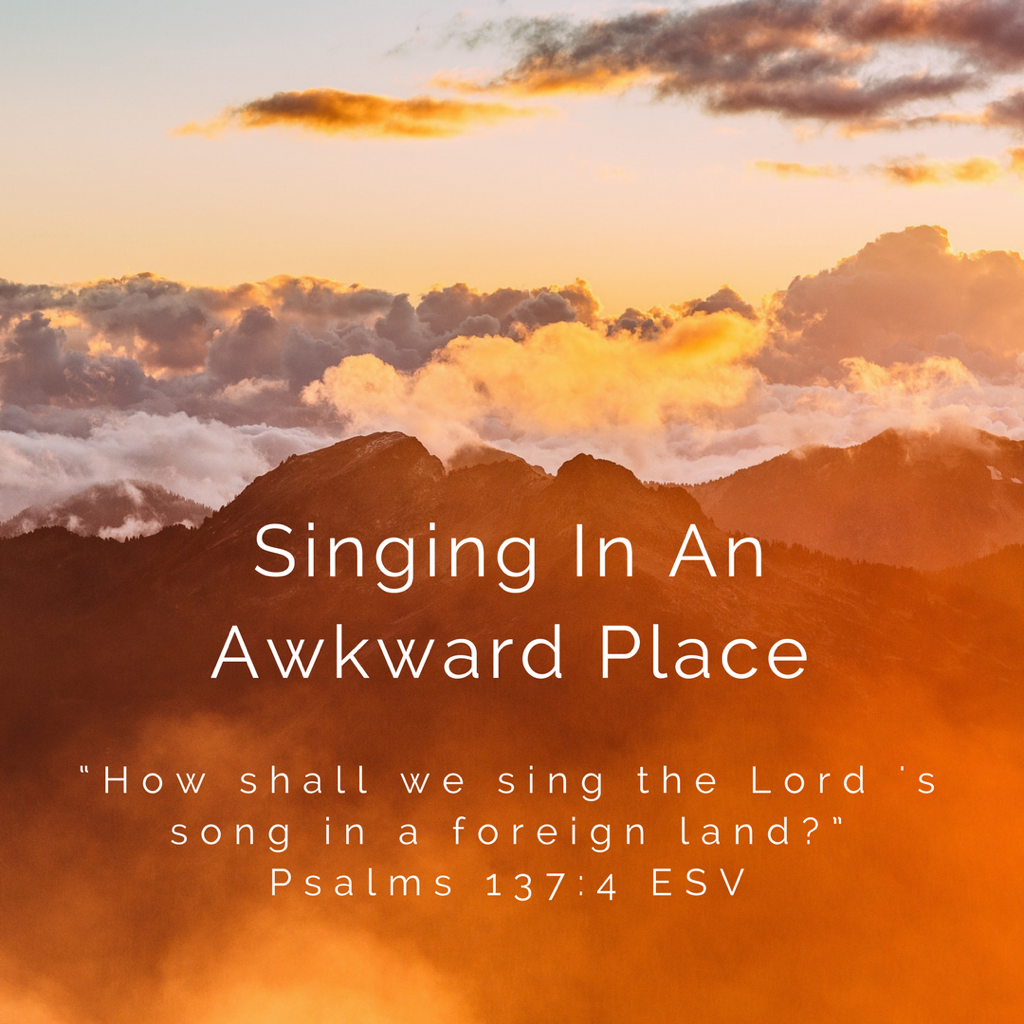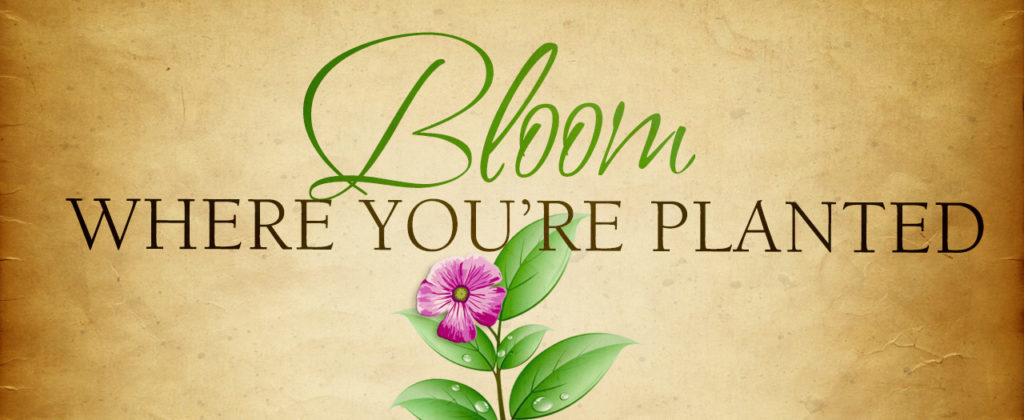
By the Rev. Dawn Taylor-Storm
By the rivers of Babylon— there we sat down
and there we wept when we remembered Zion.
On the willows there we hung up our harps.
For there our captors asked us for songs,
and our tormentors asked for mirth, saying,
“Sing us one of the songs of Zion!”
How could we sing the Lord’s song in a foreign land?
—Psalm 137:1-4

Over the past few days, I’ve spent time with pastors and laity talking about Christmas. We’ve wrestled with questions:
How can Advent/Christmas be celebrated without carols? How do we deal with visitors if building capacity is limited? What do we do about blowing out candles on Christmas Eve? A glow stick just doesn’t cut it for me.
Christmas breaks into the darkness that moment when we hold our candles high and we sing together “Silent Night, Holy Night.” But what does Christmas look like when nearly all of our rituals are stripped away? What does it look like when our temples are no longer the center of our worship?
We are not the first to ask such questions. For the Israelites taken into Babylonian captivity, everything had been stripped away. Prior to Babylon, God was found in the Temple. But what does it mean when the Temple is no more, when we are forced to worship in a strange land, in a foreign reality?

What do we do when our songs cannot be sung in the way and form we have known for centuries? We know from Scripture that the Israelites believed the captivity would only be temporary; they waited and planned for a return to Jerusalem. But then days stretched into months. Months into years.
It is Jeremiah who tells the people: “Build houses; settle down; plant and eat.” (Jeremiah 29:5). Plant in a foreign land. Build lasting structures. So, too, as we face this current pandemic, we must discern how to do ministry now. We cannot wait for a return to Jerusalem or a return to the church we knew before.
God has called us in this time and in this space to plant roots, to build new communities, to settle here in this strange reality. And so, together, pastors and laity, we began to envision new forms of outreach, new ways of celebrating Christmas that offer life to our communities.

We talked about going house to house with bells; doing drive-through Nativities with camels; outdoor Hanging of the Greens; virtual, online cantatas; hand-packaged gifts of cookies, wreathes and candles for families to celebrate in new forms.
I confess to you that I am still torn about Christmas Eve and what to do about blowing out a candle. What to do about the reality that we will not be in a packed church singing out “Silent Night, Holy Night.”
But then I remember that such rituals, as lovely and sacred as they are to me, are not really what Christmas is about in the first place. Christmas is God breaking into our darkness, refusing to leave us alone in this wilderness. And with the cry of a vulnerable baby, Christmas is God calling us to step out into our neighborhoods and to offer those around us love, hope and the reminder that we are not alone.
Maybe this year, in the wilderness, stripped of some of our time-honored rituals, we will really understand what Christmas is all about. O come, O come, Emmanuel.
*Dawn Taylor-Storm is Director of Connectional Ministries for the Eastern PA Conference.
